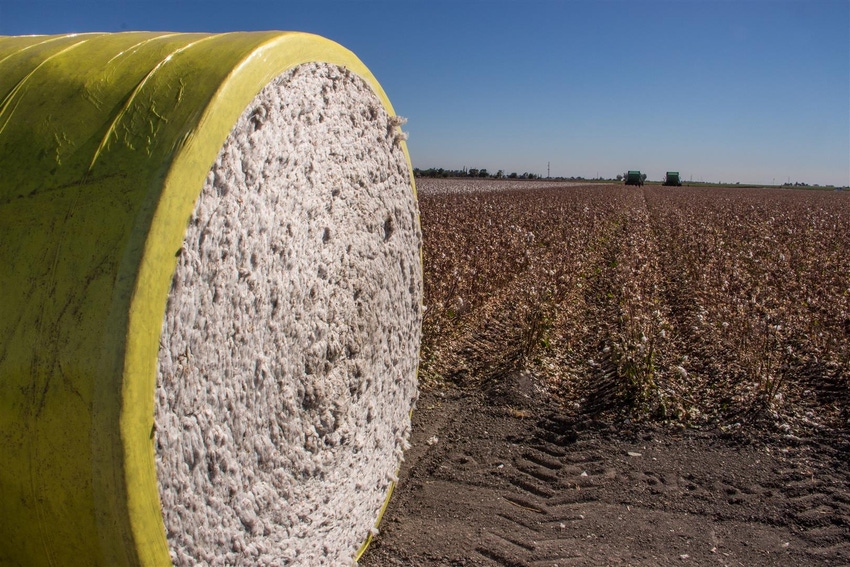
Since 2000 17 people have reportedly died by ingesting paraquat, a widely-used nonselective contact herbicide used to control weeds and defoliate cotton.
Paraquat is the active ingredient sold under a host of trade names.
Because of this the U.S. Environmental Protection Agency (EPA) is proposing action that could further restrict its use nationally, which could include making it a restricted-use product.
Paraquat is already a restricted use material in California, meaning its use requires a restricted material spray permit and a licensed, certified applicator to use the material. Its use in California requires a 24-hour notice of intent to be filed before it can be applied.
According to California Department of Pesticide Regulations Spokesperson Charlotte Fadipe, little change in how paraquat is regulated in California is expected from this proposal.
In California, paraquat is used in a variety of crops, including alfalfa, almonds, stone fruit, citrus, cotton, grapes, tree nuts and pre-plant weed control for fruits and vegetables.
The EPA proposal will be available for a 60 day public comment period. EPA will consider all public comments before finalizing these proposed actions later this year.
According to the EPA, the cases where paraquat was ingested resulted from the pesticide being illegally transferred to beverage containers and later mistaken for a drink and consumed. A single sip can be fatal.
“There have been a couple of poisonings in Fresno’s past,” said Fresno County Agricultural Commissioner Les Wright.
Fresno County’s paraquat poisonings apparently resulted from the unauthorized transfer of product in drink containers. Wright says neighbors have been known to share the herbicide in small containers for use in their yards. This is illegal, but it happens when people don’t read and follow label directions he says.
“We are taking tough steps to prevent people from accidentally drinking paraquat and to ensure these tragic deaths become a thing of the past,” said Jim Jones, assistant administrator for the office of chemical safety and pollution prevention. “We are also putting safety measures in place to prevent worker injuries from exposure to this pesticide.”
Proposed changes to the EPA label for paraquat include:
New closed-system packaging designed to make it impossible to transfer or remove the pesticide except directly into the proper application equipment;
Special training for certified applicators who use paraquat to emphasize that the chemical must not be transferred to or stored in improper containers; and
Changes to the pesticide label and warning materials to highlight the toxicity and risks associated with paraquat.
To reduce exposure to workers who mix, load and apply paraquat, EPA is proposing:
Prohibiting application from hand-held and backpack equipment; and,
Restricting the use to certified pesticide applicators only (individuals working under the supervision of a certified applicator would be prohibited from using paraquat).
Actions on specific pesticides are one way that EPA is protecting workers from pesticide exposure. EPA’s revised Worker Protection Standard and proposed Certification and Training Rule will also protect farmworkers and pesticide applicators.
To view related documents and submit comments, go to docket EPA-HQ-OPP-2011-0855 at www.regulations.gov.
Additional information on paraquat can be found online.
For the latest on western agriculture, please check out Western Farm Press Daily and receive the latest news right to your inbox.
About the Author(s)
You May Also Like






